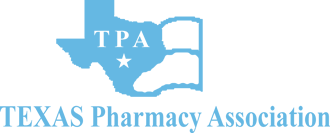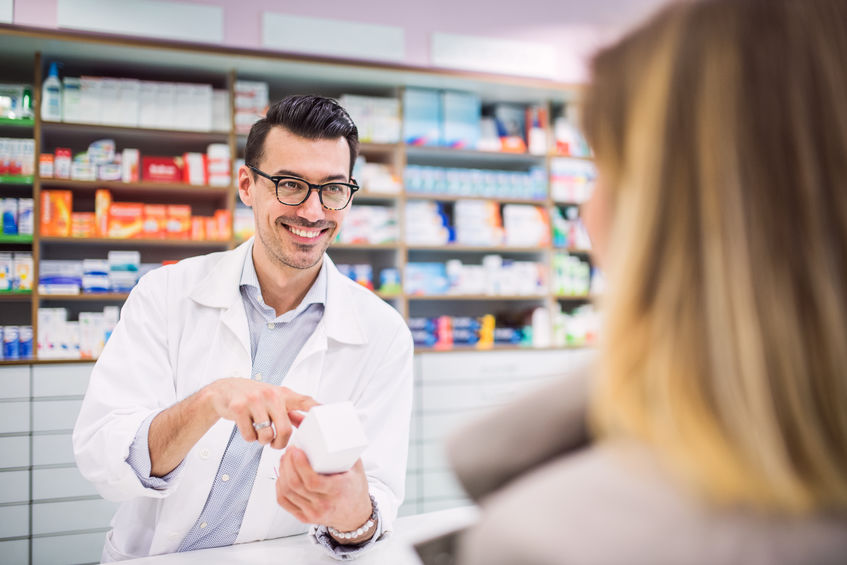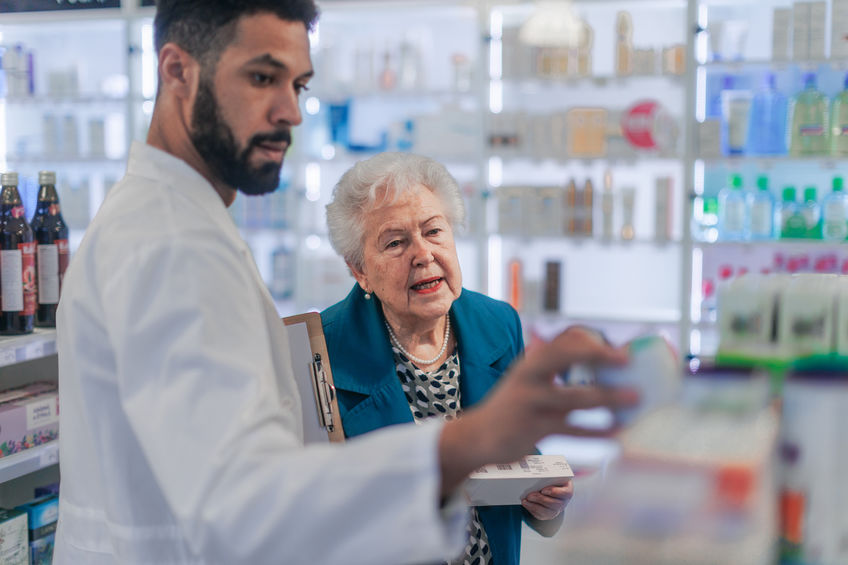Can Foods Cause Adverse Prescription Reactions?
For most people, being prescribed medication is a reasonably benign event. And depending on the time frame becomes a part of an everyday routine. In many cases, people don’t even read the instructions for medications and instead take a pill without thinking. But many medications can’t be consumed with certain foods or drinks because harmful changes can occur. Everything from increased or decreased potency to more severe side effects are possible. And this reality proves that patients need to pay more attention to the risk of food-drug interactions.

Dairy can inhibit antibiotic absorption
Dairy can be a dangerous food to introduce depending on the medications prescribed. For example, people prescribed antibiotics should time dairy consumption well outside of the medication’s time. If consumed too close to when an antibiotic is taken, dairy products can block medicinal absorption into the bloodstream. Typically patients shouldn’t eat dairy two hours before or six hours after the dosage window.
Citrus and cardiovascular medications
Citrus fruits are a tasty and healthy way to get plenty of essential nutrients like vitamins C and D. For patients on blood pressure or organ-transplant medications, the zingy treats can reduce the prescription’s metabolic breakdown. In particular, grapefruit has a known history of creating uptake problems for statins and calcium channel blockers. However, cardiovascular patients taking medications for high blood pressure, angina, or even high cholesterol can safely consume orange juice.
Be aware of how much you eat
Select medications work best on a full stomach or with a light item in some cases. For example, some antipsychotics which are used to treat bipolar disorder and schizophrenia should be taken with a meal that has at least 500 calories. Doing so ensures that the medication is correctly absorbed into the body for maximum efficacy. On the other hand, many hypothyroidism prescriptions should be taken in the morning within 30-60 minutes before eating. Taking a hypothyroid medication with food can block absorption.
Alcohol and recreational drug consumption
Patients shouldn’t be surprised to find that a common prescription warning is not to take medications while consuming alcohol or using recreational drugs. Depending on the medication, when used with alcohol, the side effects of even a light drink can be pronounced, or drinking can inhibit prescription absorption and even encourage adverse side effects such as gastrointestinal bleeding.
What patients need to know
In most cases, physicians will tell patients about known potential interactions that prescription medication will have, especially if an individual takes several medications. But consumers also have a responsibility to proactively stay informed about any risks a medication, food, or drink poses. When filling or picking up a prescription, always speak with pharmacists to understand if items in a daily diet can impact a medication’s potency. When in doubt, patients should speak with a prescribing physician to fully understand potential complications or what to avoid to prevent harmful side effects.
RECENT
ARTICLES



Our Patients Say
We pride ourselves on providing exceptional customer service to our community. Here are a few things that the community is saying about us.
Convenient and quality service. Ive never had my prescriptions filled quicker and the pharmacist took the time to tell me about what I was taking.
Excellent experience! Friendly, knowledgeable staff!
I have been a customer since they opened. Julie and Hiten have both treated me with the utmost respect and have always been ready to take care if my needs with a smile




